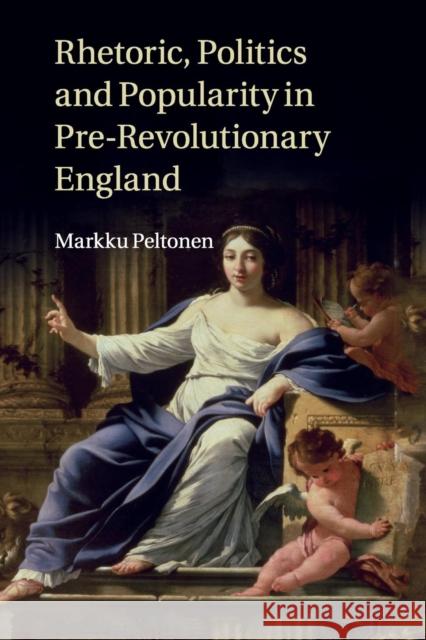Rhetoric, Politics and Popularity in Pre-Revolutionary England » książka
topmenu
Rhetoric, Politics and Popularity in Pre-Revolutionary England
ISBN-13: 9781316635612 / Angielski / Miękka / 2016 / 288 str.
Rhetoric, Politics and Popularity in Pre-Revolutionary England
ISBN-13: 9781316635612 / Angielski / Miękka / 2016 / 288 str.
cena 181,90
(netto: 173,24 VAT: 5%)
Najniższa cena z 30 dni: 176,25
(netto: 173,24 VAT: 5%)
Najniższa cena z 30 dni: 176,25
Termin realizacji zamówienia:
ok. 16-18 dni roboczych.
ok. 16-18 dni roboczych.
Darmowa dostawa!
This book provides an account of early modern political culture by emphasizing the centrality of humanist rhetoric in it.











